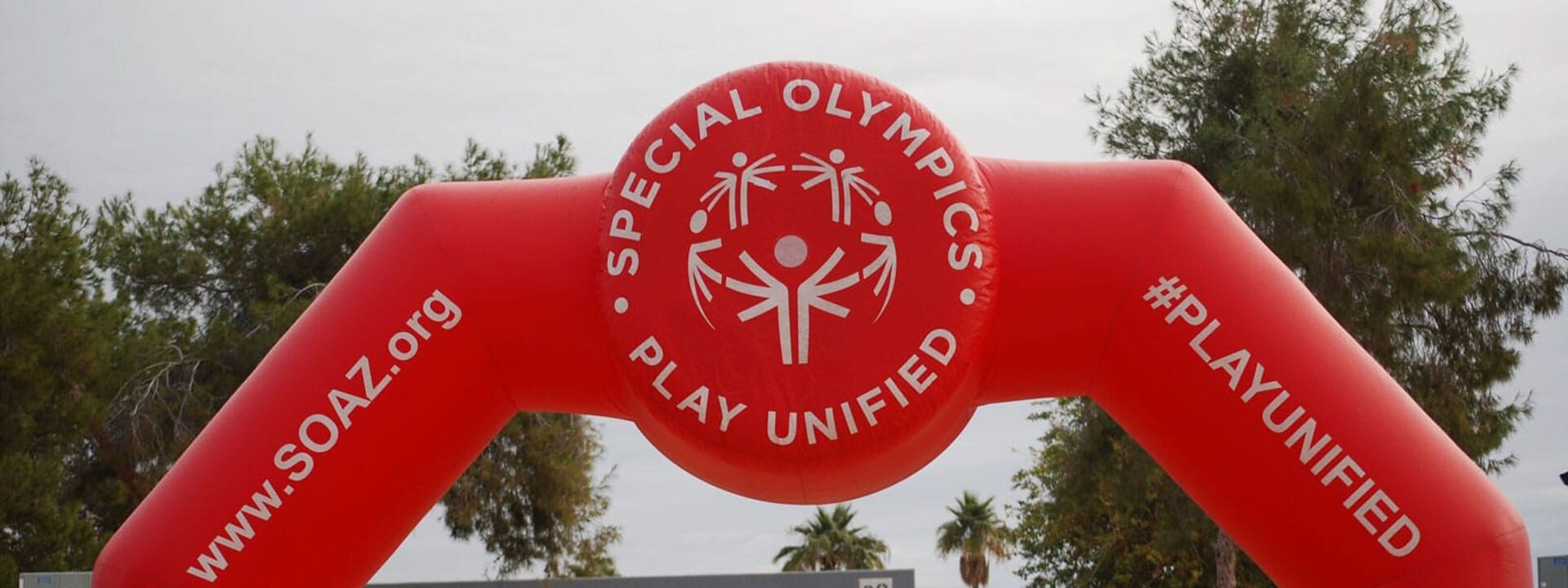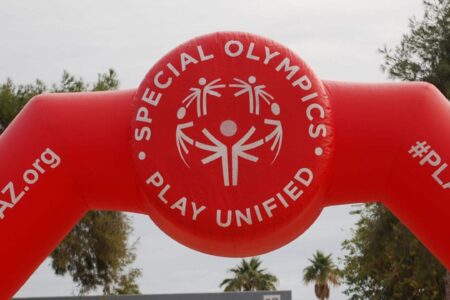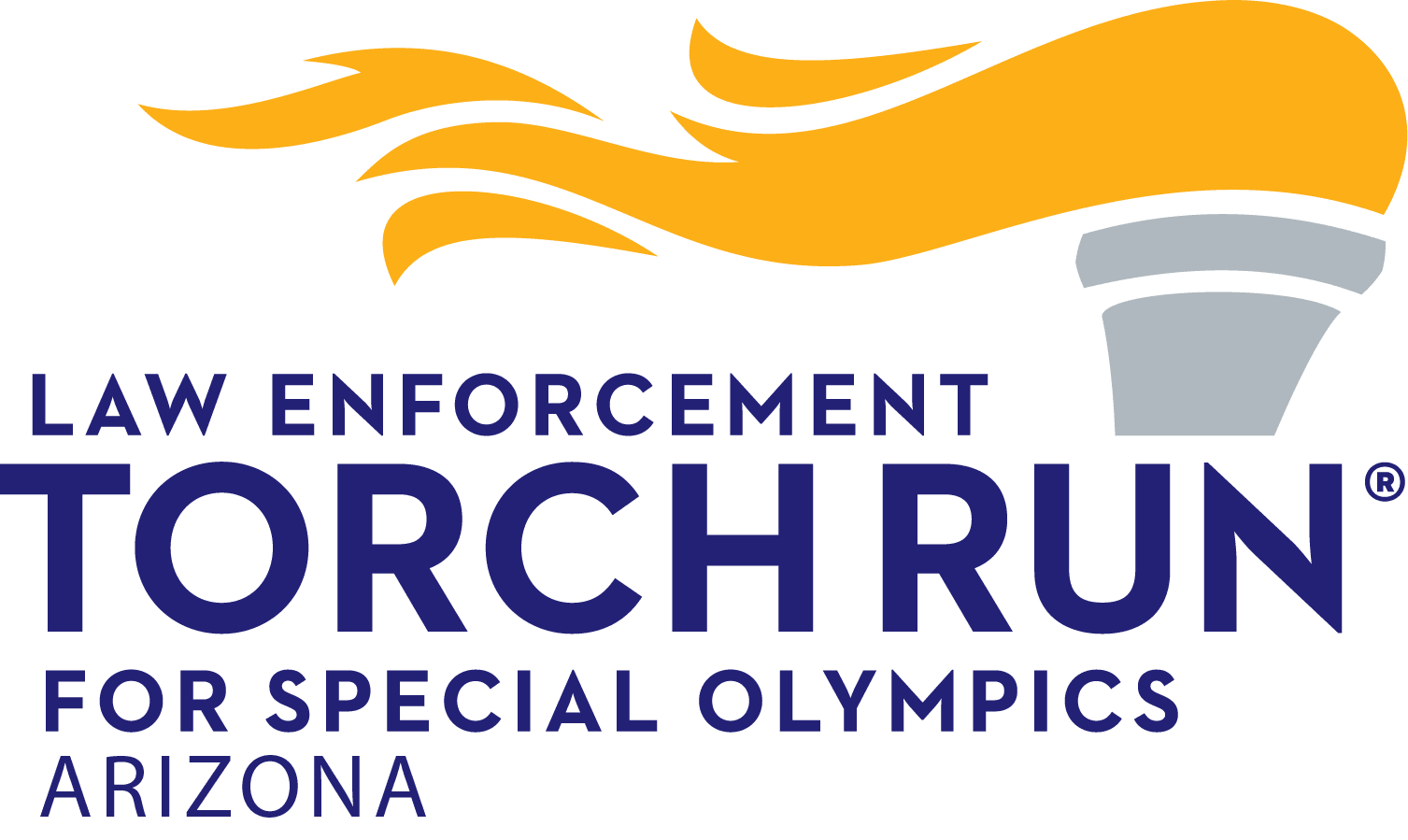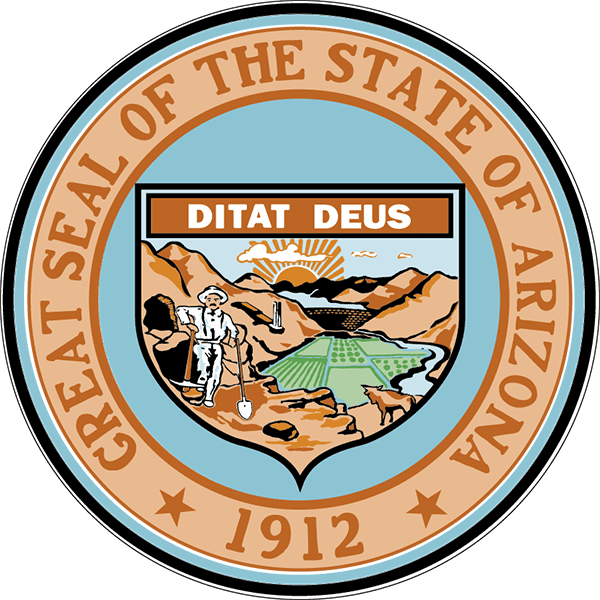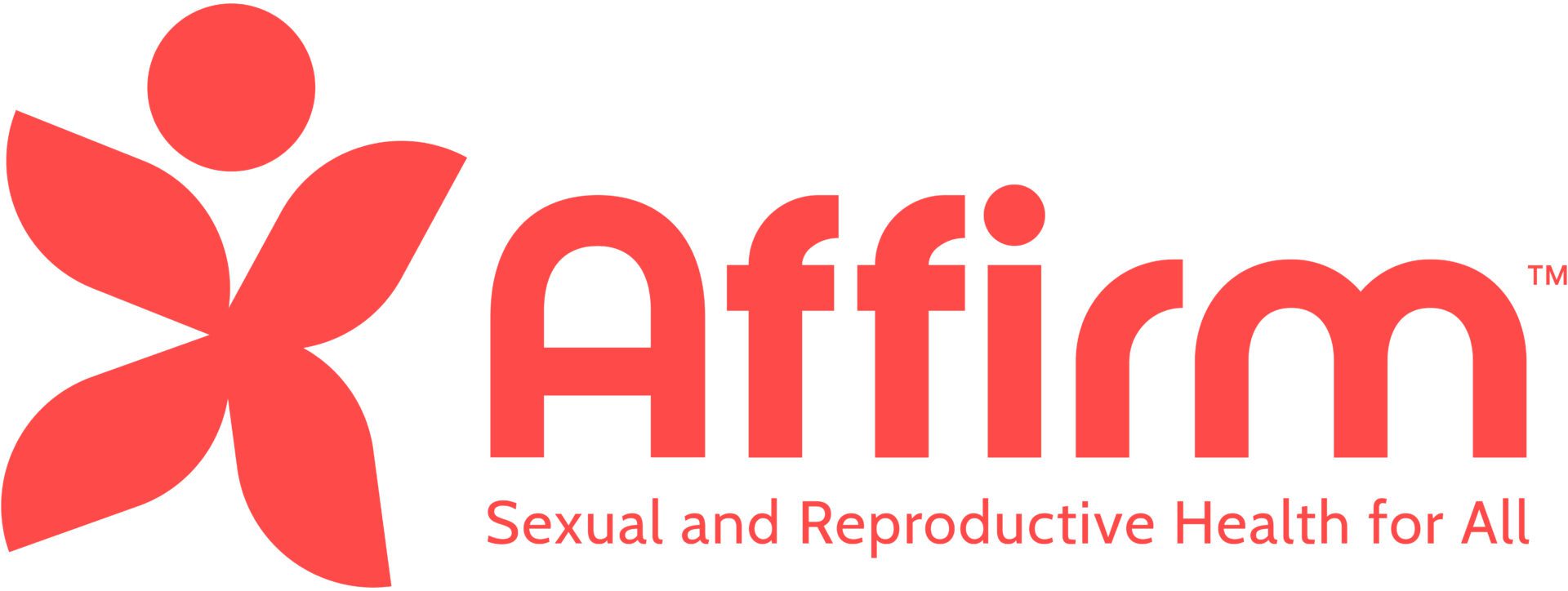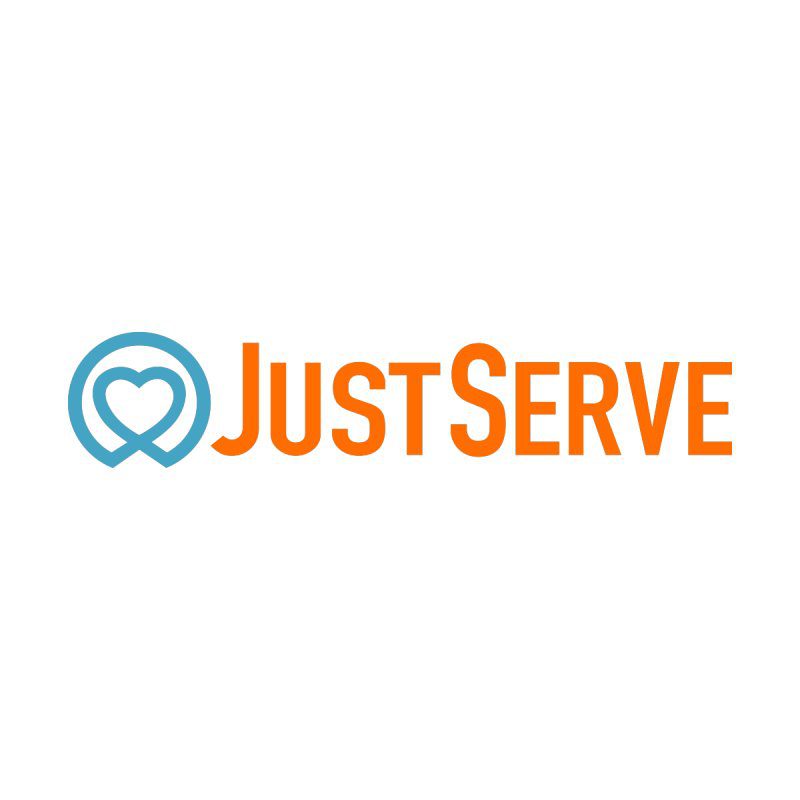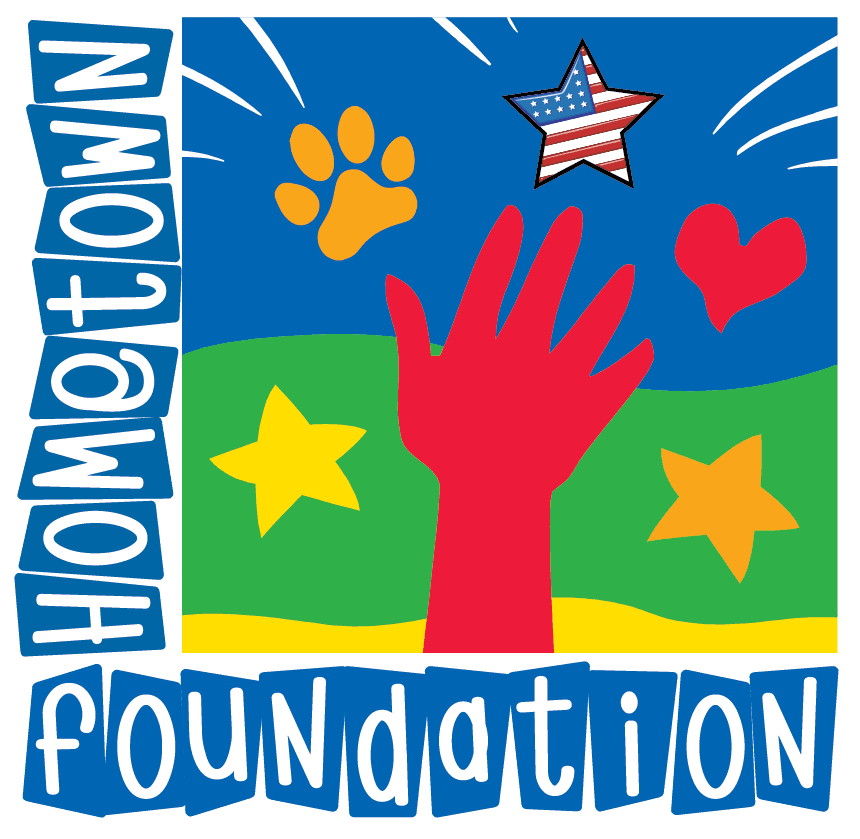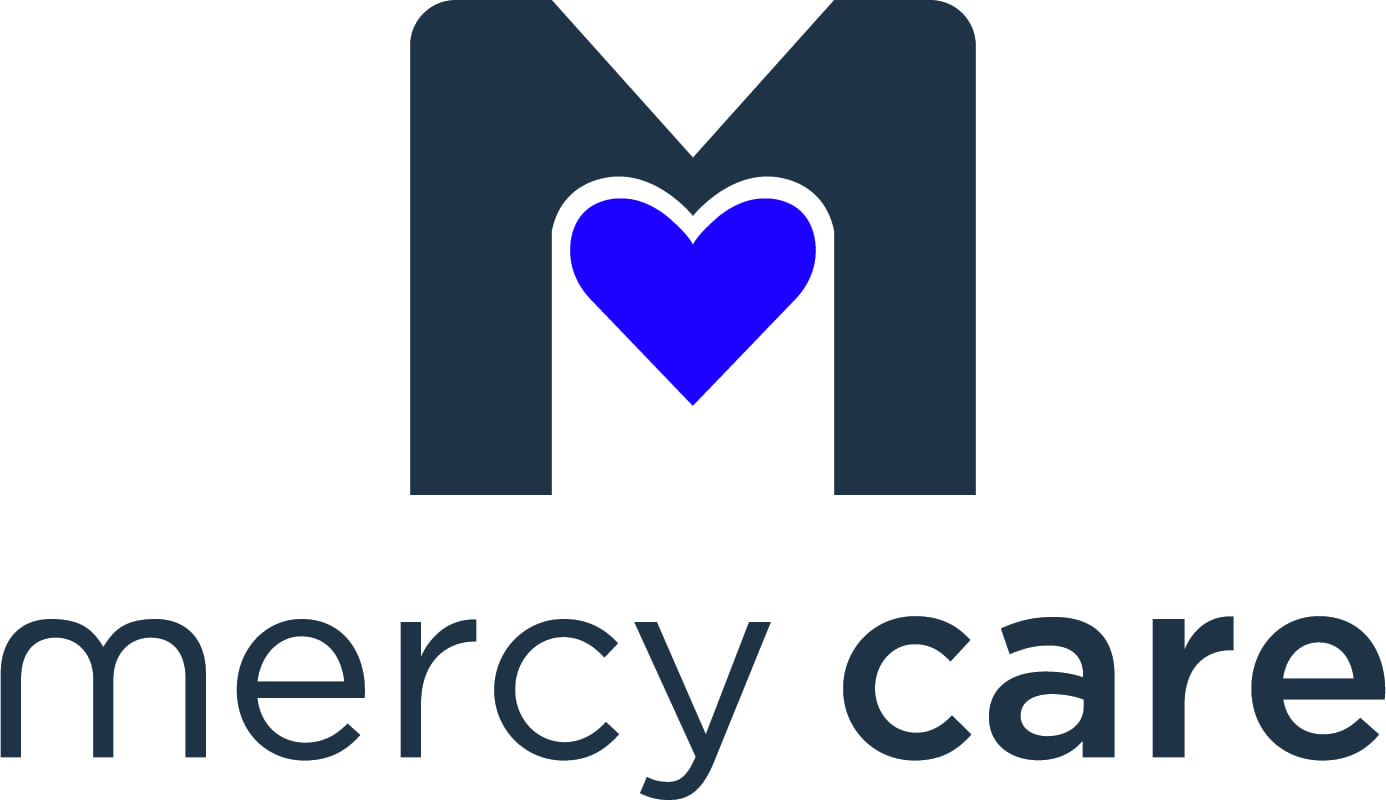Historically, individuals with intellectual disabilities (ID) have been excluded from reproductive health education programs for a variety of reasons. There is a misconception that individuals with ID are not sexual and a fear that education on sex and healthy relationships will lead to increased sexual behavior or inappropriate behavior among those with ID. Additionally, there is a perception that individuals with ID are “perpetual children” and lack any type of sexual desire (Ramage, 2015). Other barriers to effective sexual education for individuals with disabilities exist, including the lack of educator training as well as materials suitable for meeting the needs of students with disabilities. This results in a lack of knowledge and understanding about sexuality (Alexander & Taylor, 2017). Research has shown, however, that this lack of reproductive health education can lead to several negative health outcomes for those with intellectual disabilities, including lack of knowledge on healthy relationships, increased risk of victimization and an increased risk of unplanned pregnancies and sexually transmitted infections (STIs) (Ramage, 2015).Data from 2011 to 2015 from the Bureau of Justice Statistics demonstrates that “the rate of rape and sexual assault against people with intellectual disabilities is more than seven times the rate against people without disabilities. Among women with intellectual disabilities, it is about 12 times the rate” (Bureau of Justice Statistics (BJS) – Data Analysis Tools – Arrest Data Analysis Tool, n.d.).
In response, SOAZ, in collaboration with a team of inclusive health professionals, parents, and athletes, developed Healthy Relationships, an inclusive health program focused on educating and advocating for people with disabilities to be able to experience safe, healthy, and positive relationships both with themselves and their community.

This publication is supported by the Office of Population Affairs (OPA), in the Office of the Assistant Secretary for Health (OASH), of the U.S. Department of Health and Human Services (HHS) as part of a financial assistance award totaling $6.1 million with 100 percent funded by OPA/OASH/HHS. The contents are those of the author(s) and do not necessarily represent the official views of, nor an endorsement, by OPA/OASH/HHS, or the U.S. Government. For more information, please visit opa.hhs.gov

